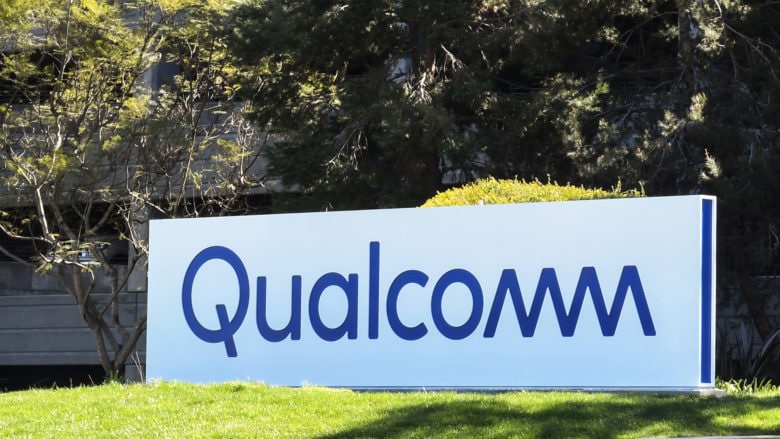 1400
1400
 2018-12-17
2018-12-17

Apple is rushing to release an iOS update in China to resolve potential infringement of Qualcomm patents. The news follows a report stating that a Chinese sales ban of certain iPhone models would cost Apple millions of dollars a day.
“Early next week we will deliver a software update for iPhone users in China addressing the minor functionality of the two patents at issue in the case,” Apple said in a statement.
This is in response to a recent court injunction in China against multiple older iPhone models, whose software reportedly violates two Qualcomm patents. According to Bloomberg, such a ban “would cost Apple millions of dollars a day.”
The U.S. International Trade Commission said it plans to review a previous ruling that a ban on iPhone imports was not in the interest of the general public — even in the event that Apple infringed on a Qualcomm patent.
Apple maintains that, “based on the iPhone models we offer today in China, we believe we are in compliance.” However, the company clearly believes it’s cheaper and faster to issue an iOS update than to wait for intellectual property lawyers to sift through the details.
Responding formally to the case, Apple attorneys told the Chinese court that an iPhone sales ban will force it to settle with Qualcomm. In a Mandarin-language filing to the court made this week, Apple said it “will be forced to settle with the Respondent, causing all mobile phone manufacturers to relapse into the previous unreasonable charging mode and pay high licensing fees, resulting in unrecoverable losses in the downstream market of mobile phones.”
Apple vs. Qualcomm
At present, Apple and Qualcomm are scheduled to meet in court next April. The two have been battling it out since early 2017. The big issue right now is the $7 billion in royalties Apple supposedly owes Qualcomm. Qualcomm also accuses Apple of stealing its trade secrets and passing them on to Intel.
The case started when Apple sued Qualcomm for allegedly withholding $1 billion in rebates because Apple assisted South Korean regulators investigating Qualcomm’s business.
Source: cult of mac